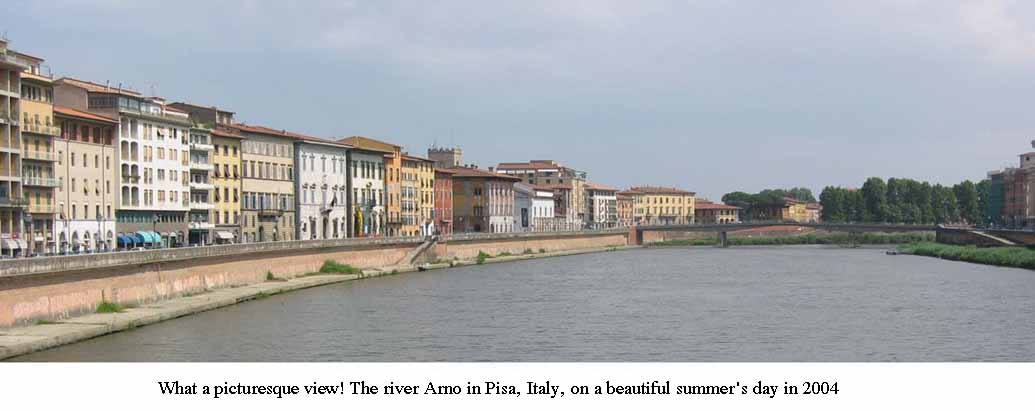Lawrence's poem 'Love on the Farm'
Interpreting Lawrence’s poem “Love on the Farm”
If ‘love’ can be compared to ‘art’, it has to be consumed in a one-ness act. It is the whole-hearted unity of giving oneself to another person to find oneself completed (into perfection, if this is what art wants to achieve ultimately), i.e. totally unfolded to one’s supreme, final personality. ‘Love’ like ‘art’ requires passion, undivided devotion to one’s sexual counterpart. Love as well as art is like a “fire” devouring you and thus giving birth to you in another renewed shape of a wider sense. And this is - not just seen from the angle of an artist - the deeper psychological meaning lying underneath the (Creator’s?) ‘concept’ of love.
Love is only love when it is unselfish. In giving away yourself you find yourself. When two bodies[1] unite, and this can only happen in completeness of body and mind, a new life, some new ‘creation’ will be returned to the ‘artists’ in reward, so to speak.
What is so specifically ‘Lawrencian’ about this way of looking at art and love is the poet’s assumption that in the two ‘elements’ (of body and mind) it is the physical one that prevails over the mind. If we transfer or rather interpret this in the context of poetry it means that it is spontaneity rising from one’s innate instincts that creates a piece of art. It is man’s emotional side that takes the predominant part in creating art - not the mind (man’s mental power/capacity). Desire for love – before the ‘act’ itself – helps to sharpen your senses, enhances your awareness of things only artists can see and sense. Love endows you with ‘sensors’ like ‘antennae’ that enable you to sift and suck in details you don’t perceive normally.
To relate all this to Lawrence’s poem, let me for the sake of simplicity just concentrate on two points.
a) The way the woman on the farm desires ‘completion’ is marvellously depicted.[2]
When she anticipates/visualizes – in full expectation of what is to come – her lover’s
“hands” “at the window” only to detect (in the ensuing stanza) that they are the
“leaves” of “the woodbine” creeping up to her, we discern in those “leaves” a
wonderful metaphor fitting in with the woman’s overflowing and unsatiated state of
mind. We also get to know in what mood she is and feel for her. In a way we get
involved in this act. Like in modern drama, we, the audience, take part in what is
going to happen. We intensify and re-create art (through love) together with the
artist, whose experience we are made to share.
b) The second aspect I’d like to focus on is the final part of completing this ‘love act’.
Thus the climax of the poem is to be seen in the last two lines which appeal to me
most. Here “fire” is compared to “love”, which means it is the essence of it. This
“fire”is killing in that it leads to “death”, and yet it is “sweet” at the same time in
that it gives new life to the two lovers in unison. The seeming contradiction of
“life”/love and “death” is removed. Two opposing phenomina (mutually excluding
each other) are blended and re-appear in unity stronger than they were
ever before.
If love is art, it is through love that art[3] can be brought about.
-------------------------------------------
My tutor’s comment:
You have some big ideas at the end. That would be well-suited to a familiar essay. The extra-sensory – actually supra-sensory – perceptions of the woman here are indeed crucial to Lawrence’s poetic [!] of letting the body take over an oppositioned [!] mind. The sensuality of the world of feelings and vibrations moves us toward a rich comprehension not of abstraction but the moment.
[1] that once in primeval times used to be a unit as you can see in ‘Adam’, whose
name is Hebrew meaning ‘man’ – before this uniform entity was split up into two
(Adam and Eve) according to the story of the Creation in Genesis
[2] You can imagine her lying in bed (or an a cot) desperately longing for her lover
to arrive – with all the ‘wanderings’ of her mind.
[3] In the form of a poem, sculpture or any other kind of artifice/artefact

